When I first read that American would potentially start using a new chemical to disinfect their airplane cabins that would persist for up to a week, I raised an eyebrow. Yes, me, who is rather unconcerned with flying during the pandemic really doesn’t relish the idea of using cleaners that are going to be touched my passengers for days afterward.
Gary at View from the Wing makes some good points in his rundown on the new cleaner, but I want to offer my own thoughts as to why this disappoints me.
Trading the Virus for Toxic Chemicals?
Contracting the coronavirus while traveling has been a concern for many people over the past months. It hasn’t been all that clear how easy it is for the virus to be transmitted aboard planes, but we do know that extended periods in closed spaces typically increases the risk. However, planes have HEPA filtration which removes viral particles from the air.
Airlines have been sanitizing surfaces on the planes as another precaution. American Airlines is going to shift to using SurfaceWise2, a cleaner touted for its ability to “bind to surfaces” and to “kill viruses that land on it, including COVID-19.” It will also persist on surfaces for a full week without the need to reapply it.
There’s just one issue: the safety data sheet notes the chemical as an irritant to both eyes and skin over prolonged periods. What you really don’t want is something that is going to persist for days, especially if it could irritate passengers. There is also no data on long-term toxicity, which is always a worry with any new chemical. However, the active ingredient is reportedly quaternary ammonium, which is used in other common cleaners. The new part just minght be how it binds to surfaces. But there is still a worry about quaternary ammonium anyway.
Plus, it may be worse for those for whom COVID is the greatest concern. From the Washington Post article:
“People most vulnerable to the novel coronavirus — those with asthma, chemical intolerances or certain allergies — may have greater irritation from exposure to the disinfectant, according to Claudia S. Miller, an immunologist, allergist and professor emeritus at the University of Texas.”
They just can’t win either way. But honestly…should airlines be worrying this much about disinfection?
People Replicate the Virus, Not Airplane Seats
People are the actual virus factories. While a virus may remain on surfaces (and even that is questionable and not the primary method of coronavirus transmission), someone who is infected will continue to exhale viral particles into the air. This is way more of a problem on an airplane that worrying about surfaces. If someone with COVID is sitting next to me and sneezes on me, there’s pretty much nothing I can do to avoid exposure.
Plus, most airlines are already handing out disinfecting wipes like candy. It’s easy enough for passengers to wipe down their areas with these. However, pretty much all cleaners wipe out beneficial bacteria in addition to harmful bacteria and viruses, and that is one reason I forego the wipe down. For those concerned, however, this will help mitigate against infection from previous passengers. But again, this does nothing to prevent direct infection from a nearby COVID-positive passenger.
While I don’t personally worry about contracting COVID, people are more of an issue than surfaces. This is a double-edged sword, as airlines need as many of them as possible in order to start turning a profit again. I’d rather have airlines lay off the cleaners, since the incremental benefit really isn’t all that large. But that won’t happen.
Just More Security Theater
To me, this is simply American trying to tout the measures they are taking as a way of enticing people to travel again. Never mind how effectively the planes are cleaned, or what the actual risk is of contracting COVID from a surface. Anything they can do to make people feel safer traveling is a plus for them. Safety perception is almost always not in line with actual risk. People want to see airlines keeping panes clean. The last couple flights I basically laughed, as the load factors were over 80%. You can’t get away from anything on a CRJ when it’s that full.
All this to say, I’m annoyed American (and other airlines) could be moving to more persistent cleaning agents. I’d honestly rather risk the virus than know I’m going to be touching chemicals on every seat, bin handle, and tray table. But it’s going to be one of those things we put up with until all of this madness is behind us.




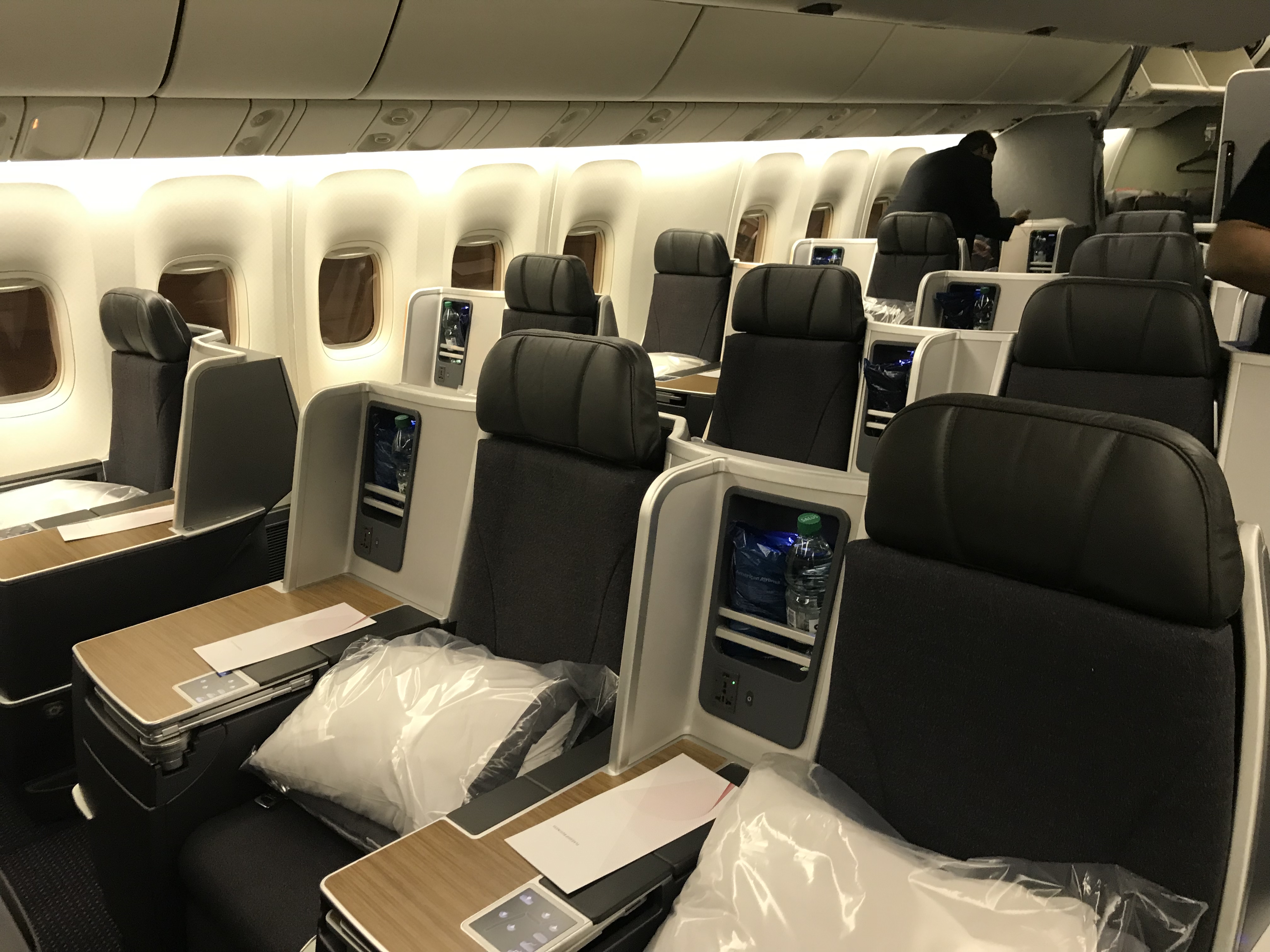
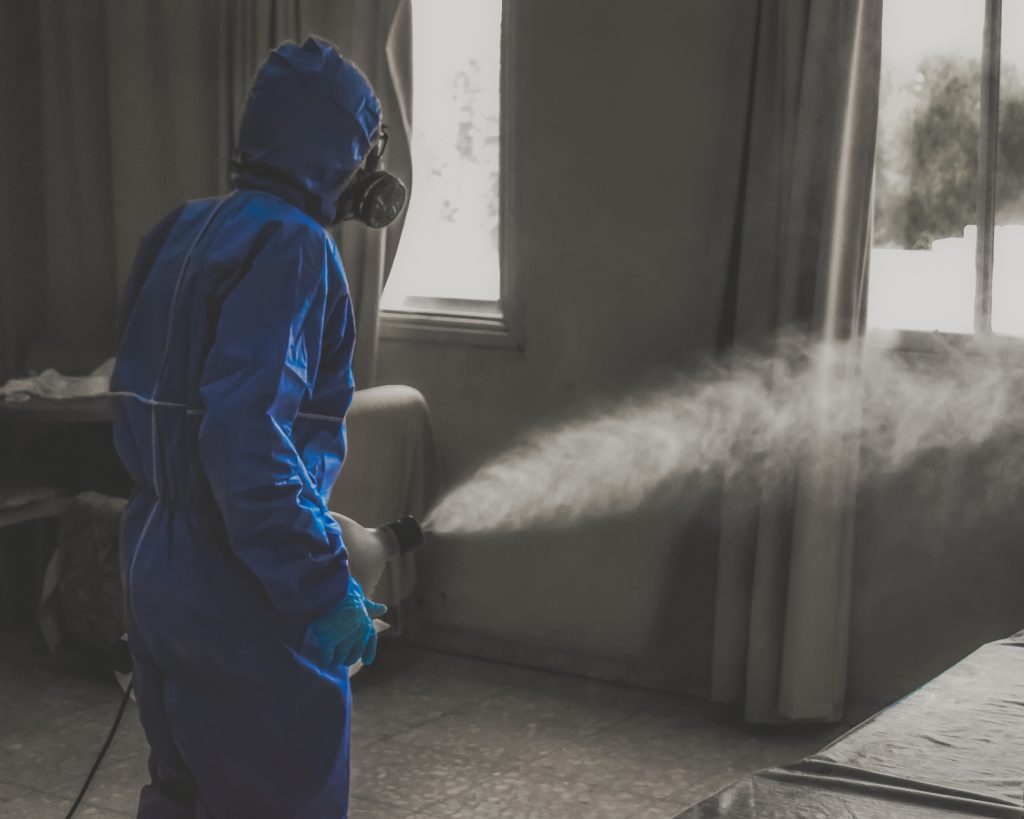
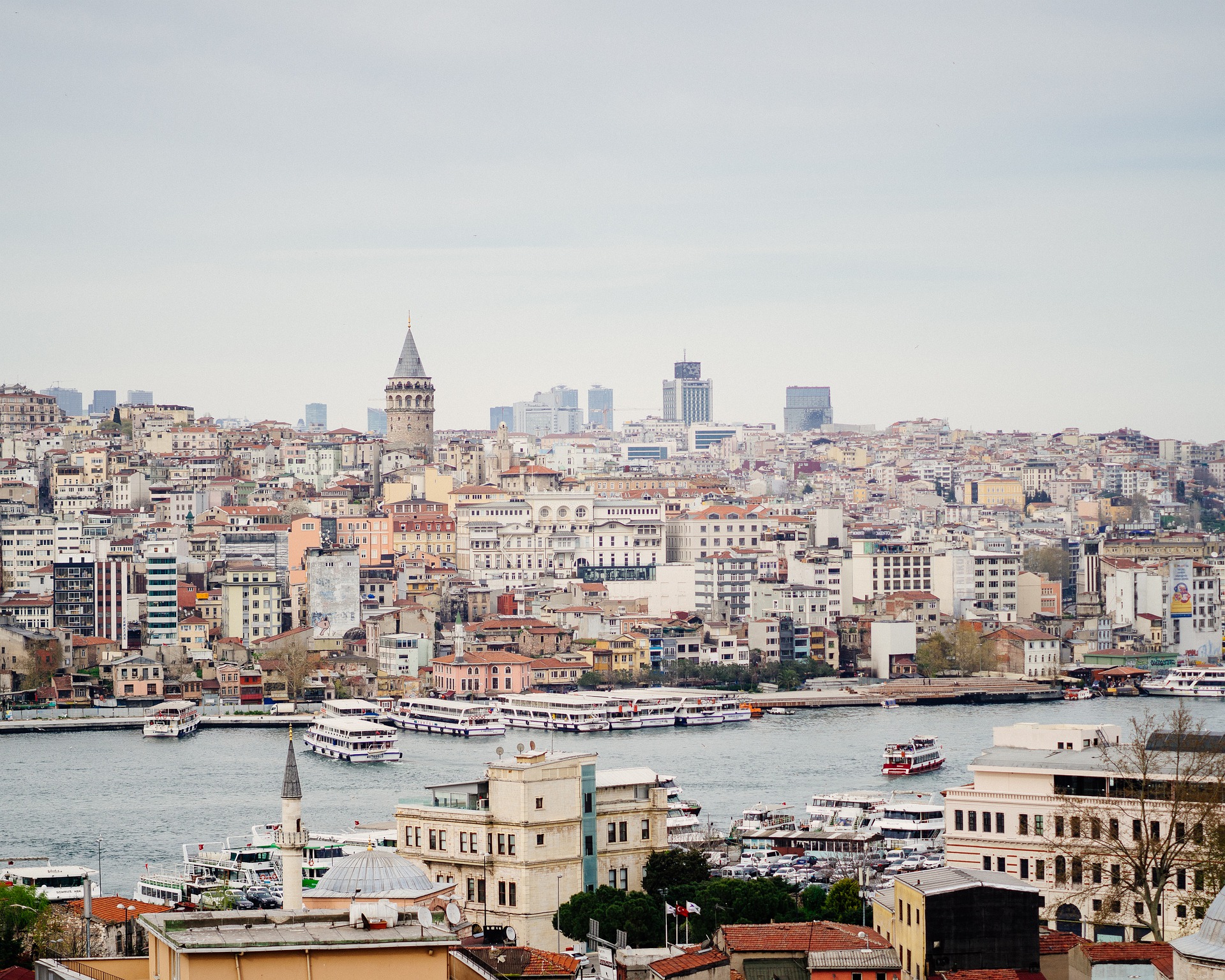

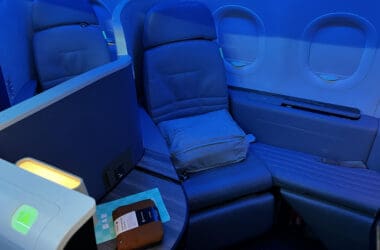
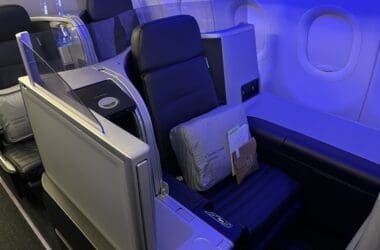
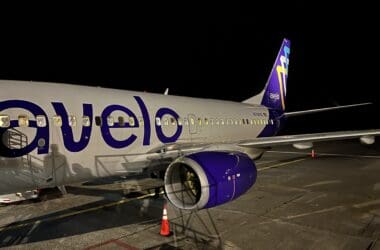


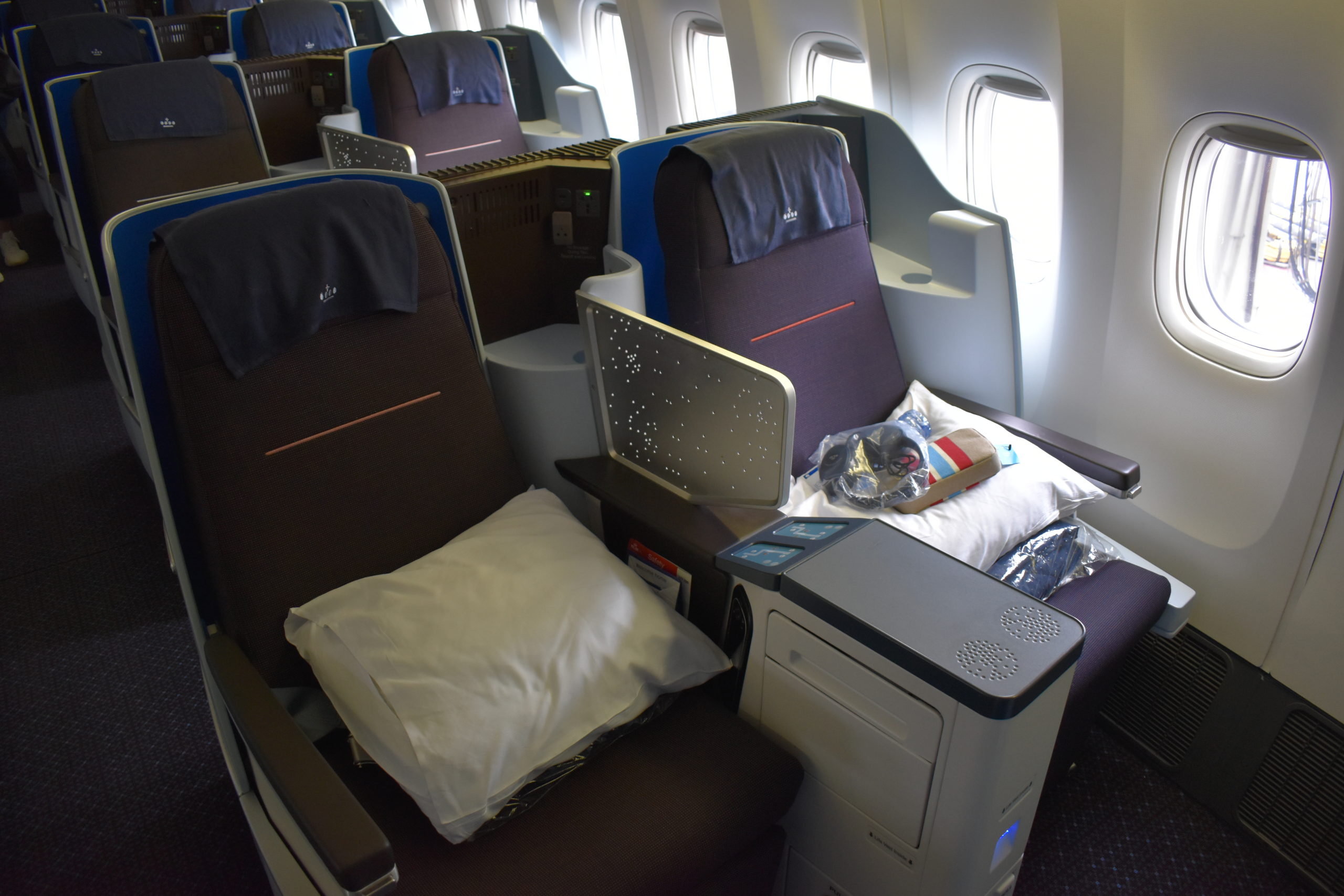
This is very informative to learn
With due apologies, chemicals are in everything you touch & taste. Do you drink water? Chemical! Its okay to question the sanitising agent used, but to just blindly say that you dont want to touch chemicals is misleading.
I totally agree with you. I don’t want to touch or breathe in toxic chemicals. Interesting to me that the airlines aren’t concerned with social distancing, but want to use all these chemicals!
They have to compensate in some way. Filling seats is a necessity for them to make money. The alternative is selling higher-priced tickets, but that discourages even more people.
An interesting perspective although I respectfully disagree. At least for my market, most of the planes are regional jets. That means that there are no built in HEPA filters on the plane as there are with larger planes. I think that more protection is better than less anyway but coating the surfaces with something that’s going to be a mild irritant at worst for almost everyone is not that heavy a price to pay for a non-virus covered surface. Is it overkill? Maybe, but better safe than sorry, even if there is an element of theater here. You yourself noted that people want to feel safe and if this contributes to that with little to no harm, so what? I’ve (sadly) known enough people who have had the virus that I’m awful sure that I’ll go to a fair bit of trouble to avoid it. You and I disagree completely on whether people should fly for leisure right now. When airlines make moves like this that set people’s minds more at ease, you’re achieving your desire for more people being willing to travel. If the method is imperfect, well, could be worse.
If there is little to no harm, then I’ll agree, it’s not a major issue. My take is that we *know* you are going to be exposed to this, and the linked study (one of several) shows negative consequences from continued exposure.
There is no silver bullet here. I wish there was, for both COVID and the airline industry.